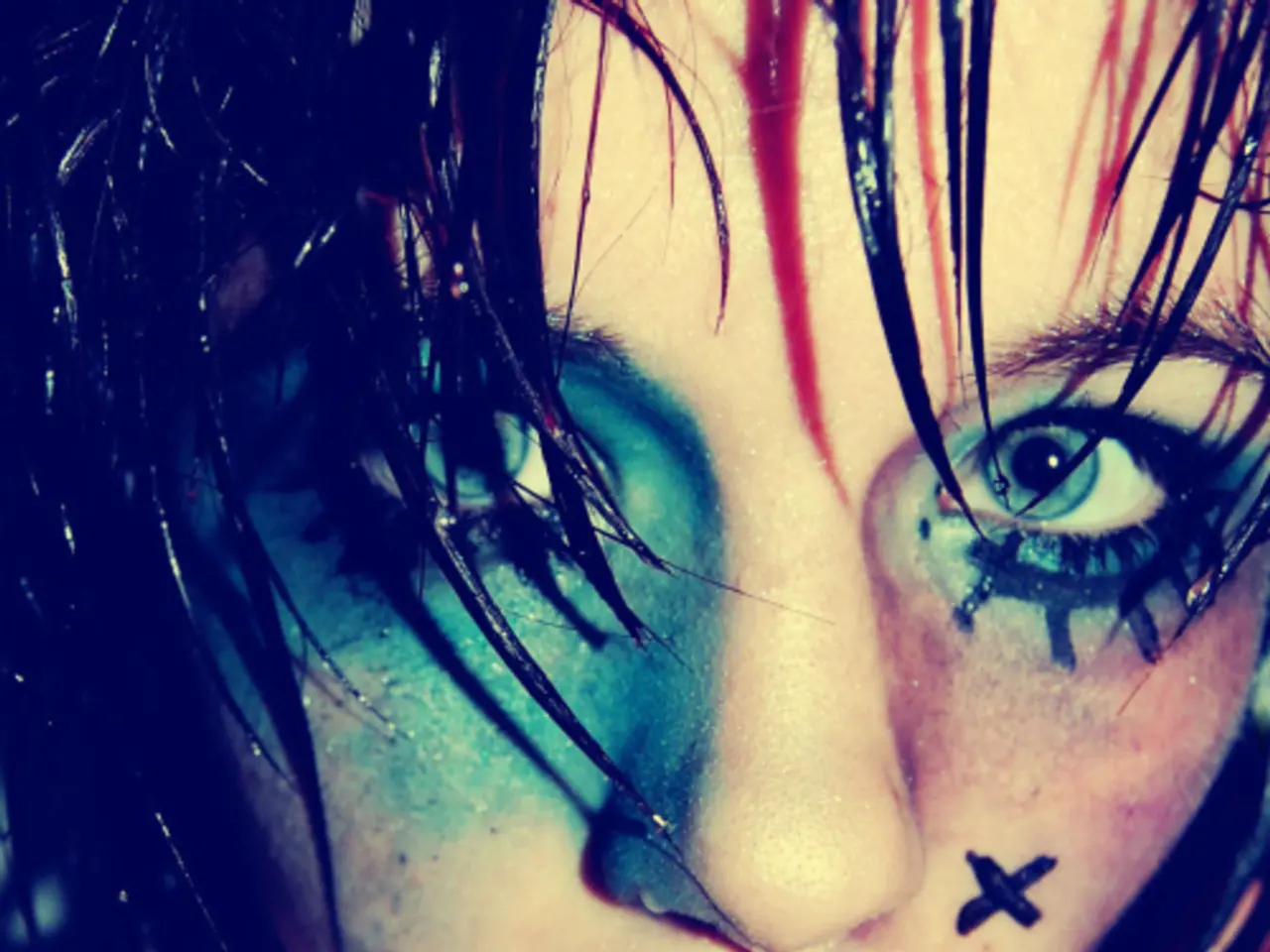Rosacea and Retinol: A Cause for Concern or Potential cure?
Retinol, a vitamin A derivative and a member of the retinoid family, is widely known for its anti-aging and acne-fighting properties. However, for those with rosacea, a chronic inflammatory skin disorder, using retinol can pose potential risks.
Firstly, it's crucial to understand that retinol can cause side effects, including redness, discoloration, burning, itching, dry skin, peeling, or flaking. For people with rosacea, the biggest risk is irritation. Additionally, retinol makes the skin more sensitive to sunlight.
To minimize irritation when using retinol, it's advisable to start with a low dose formulation and take it slow. An older study revealed that retinol causes much less irritation than retinoic acid, another retinoid. If you have rosacea, it's possible to ward off irritation while still reaping retinol's rewards by starting with 2 or 3 nights a week and gradually increasing usage.
For rosacea sufferers, it's recommended to consider alternatives to retinol. Bakuchiol, a natural retinol substitute with anti-inflammatory and skin-renewing properties, is a promising option. Azelaic acid, which is anti-inflammatory and well-tolerated by sensitive skin, is also useful. Panthenol, known for its soothing and moisturizing effects, and niacinamide, which can reduce inflammation and improve the skin barrier, are other viable alternatives.
It's essential to remember that anyone with rosacea should talk with a dermatologist before adding retinol or any new skin care product to their routine. Common rosacea treatments include azelaic acid, metronidazole, sodium sulfacetamide and sulfur, antibiotics such as tetracycline, minocycline, doxycycline, or erythromycin, and isotretinoin.
In addition to managing rosacea through skincare and treatments, it's important to prevent flare-ups. This includes using skin care products for sensitive skin, moisturizing daily, avoiding harsh ingredients like alcohol, fragrance, or glycolic acid, using a broad-spectrum sunscreen with an SPF 30 every day, and limiting environmental and lifestyle triggers such as extreme temperatures, spicy foods, hot drinks, booze, and stress.
In conclusion, while retinol can be effective in reducing the signs of aging and treating acne, it's important for those with rosacea to approach its use with caution. By understanding the potential risks and exploring alternatives, it's possible to reap the benefits of retinol while managing rosacea effectively.






